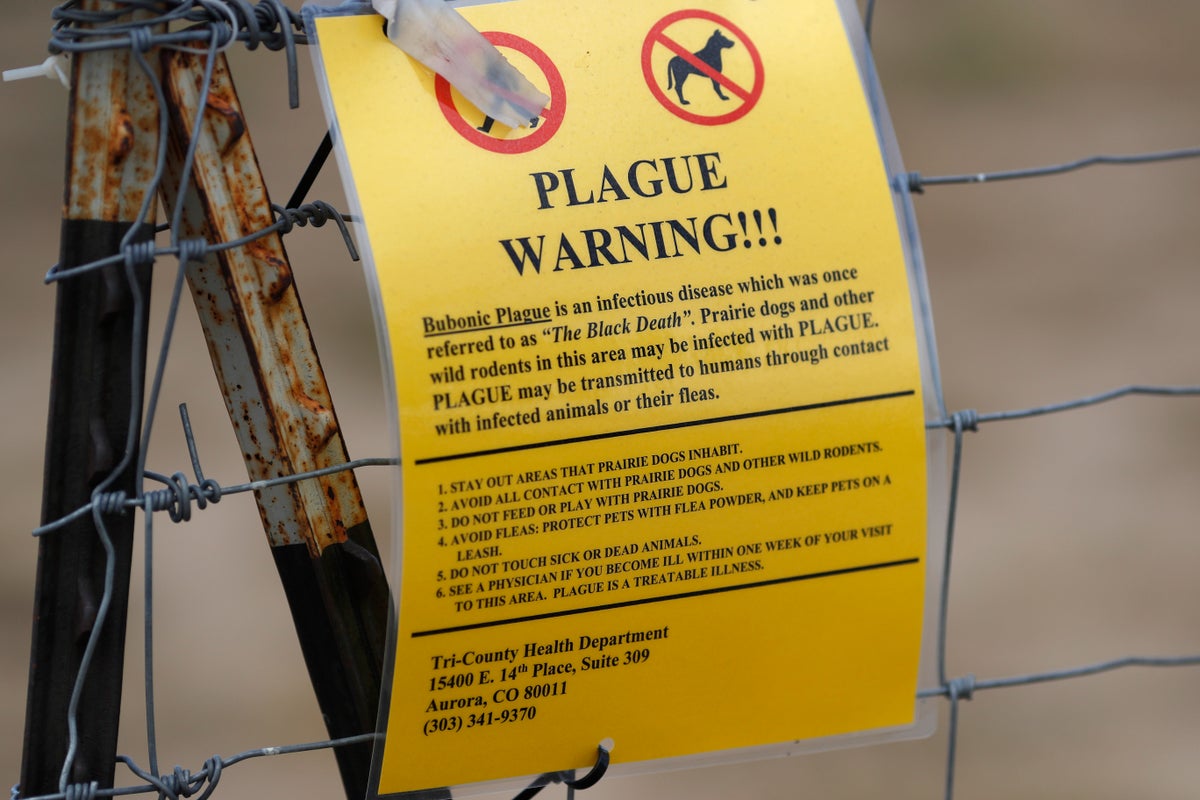
A California resident has tested positive for plague after camping in South Lake Tahoe – the latest in a string of positive cases in the western U.S.
Health officials in El Dorado County, California, believe the infected person was likely bitten by an infected flea while recently camping in the South Lake Tahoe area. The person is currently under the care of a medical professional and recovering at home, health officials said in a statement.
“Plague is naturally present in many parts of California, including higher elevation areas of El Dorado County,” said Kyle Fliflet, El Dorado County’s Acting Director of Public Health.
“It’s important that individuals take precautions for themselves and their pets when outdoors, especially while walking, hiking and or camping in areas where wild rodents are present,” he added.
Several cases of the plague, both in humans and animals, have been reported across the country so far this year. Earlier this month, a cat in Colorado tested positive for the plague and died. Last month, an Arizona man who contracted the plague died from the disease. He was rushed to a medical center with severe symptoms, but died the same day. His autopsy later revealed the bacterium for plague.
The plague is incredibly rare in America, with the Centers for Disease Control reporting an average of seven human cases annually. Most of the cases occur in rural areas of the Western U.S.
The plague is a disease caused by the bacterium, Yersinia pestis, and spreads from flea bites or direct contact with infected animals. While it can be life-threatening without immediate treatment, it can be treated with antibiotics if caught early enough.
Plague occurs in three forms: bubonic, septicemic, and pneumonic, depending on whether the infection hits the lymph nodes, the bloodstream or lungs.
Symptoms of plague in humans may include a sudden high fever, chills, headaches, nausea and swollen lymph nodes, health officials said.
Meanwhile, the disease presents itself in pets as fever, low energy, loss of appetite and swollen lymph nodes.
Health officials in El Dorado County gave these tips to prevent plague:
- Do not feed squirrels, chipmunks or other wild rodents.
- Never touch sick, injured or dead rodents.
- Do not allow your pets to play with or pick up sick, injured or dead rodents.
- Do not camp, sleep or rest near animal burrows or areas where dead rodents are observed.
- Look for and heed posted warning signs.
- Wear long pants tucked into boot tops and spray insect repellent containing DEET on socks and pant cuffs to reduce exposure to fleas.
- Leave pets at home if possible; otherwise keep pets on a leash. Do not allow pets to approach sick or dead rodents or explore rodent burrows.
- Protect pets with flea control products.
- Pet cats are highly susceptible to plague and can pose a direct threat to humans. Keep cats away from rodents. Consult a veterinarian if your cat becomes sick after being in contact with rodents.
- If you get sick after being in an area where plague is known to occur, consult a physician and tell them you may have been exposed to plague.
